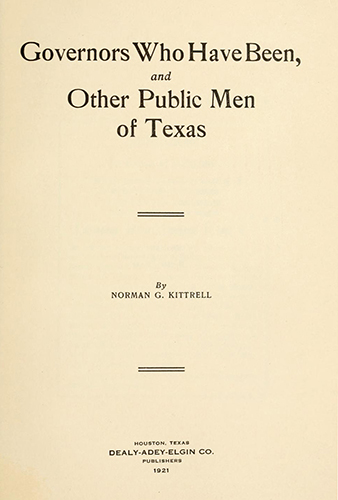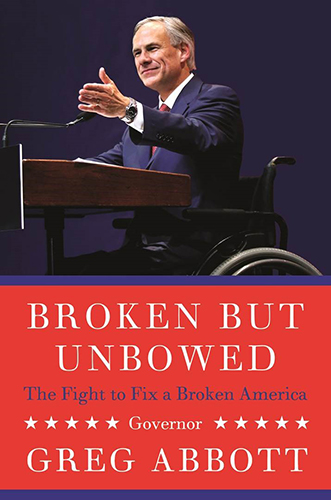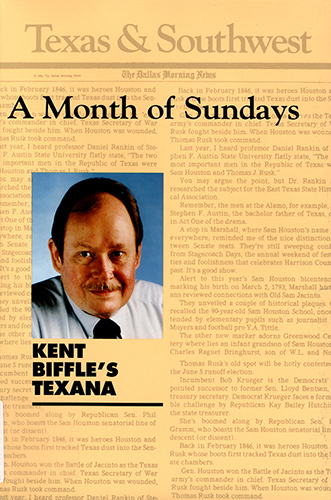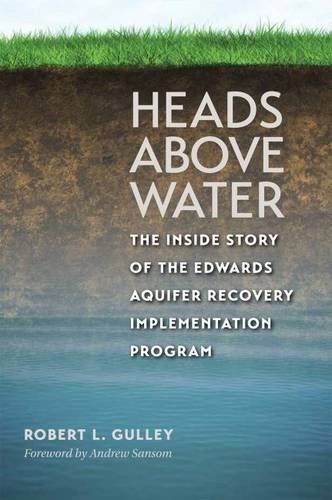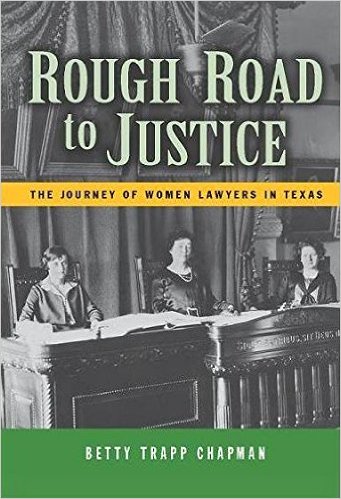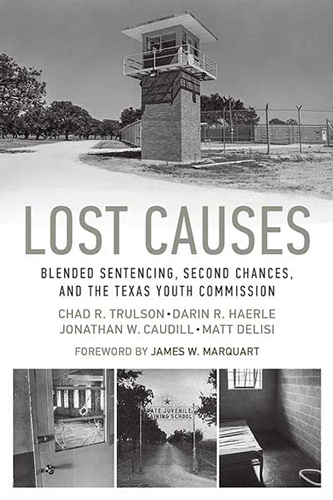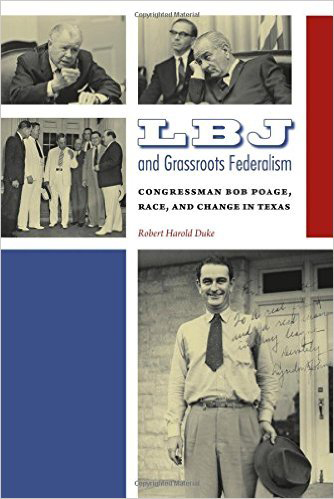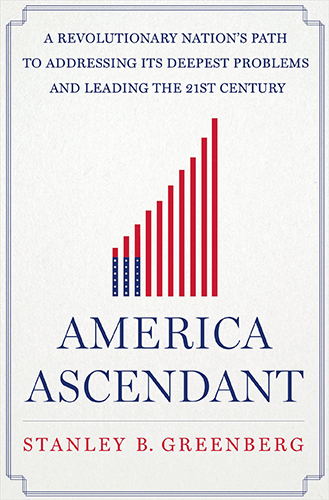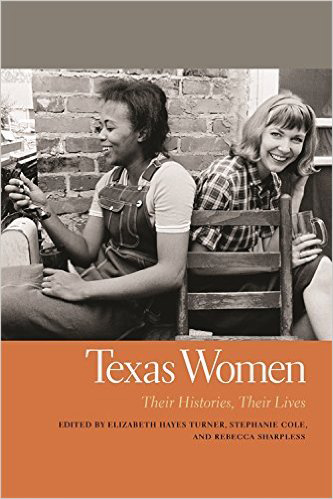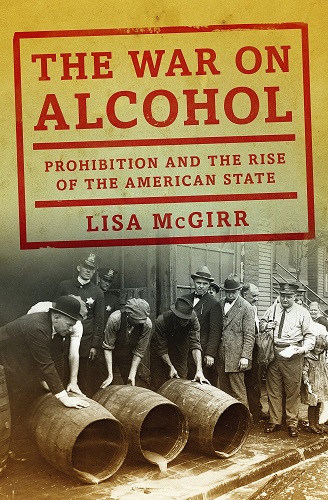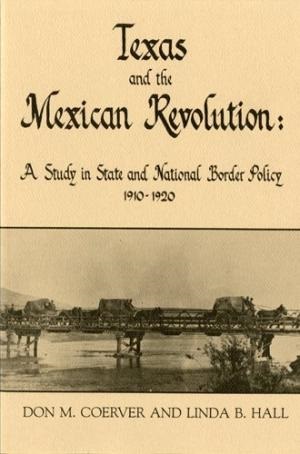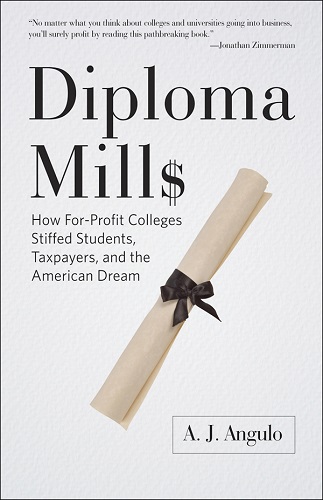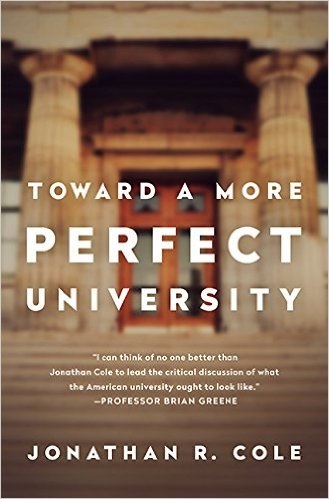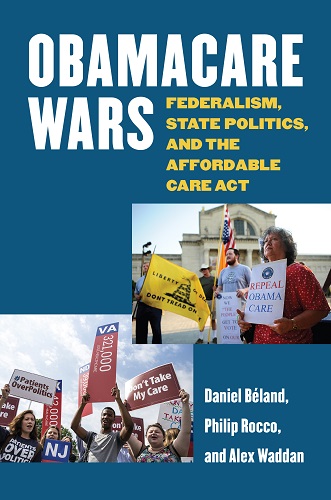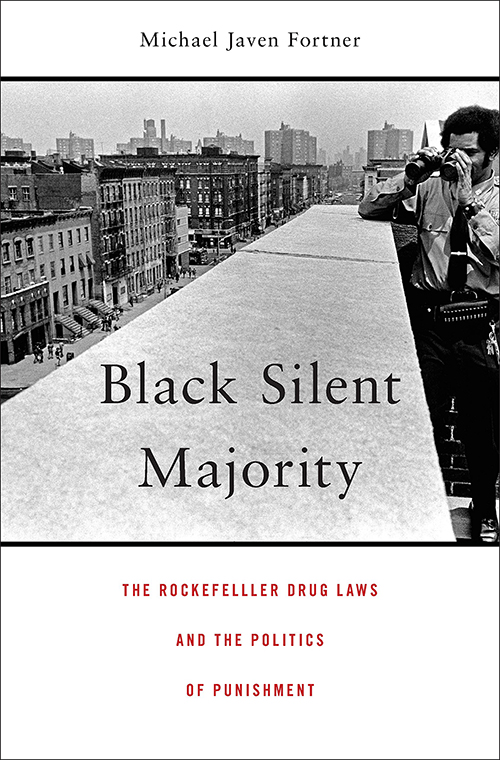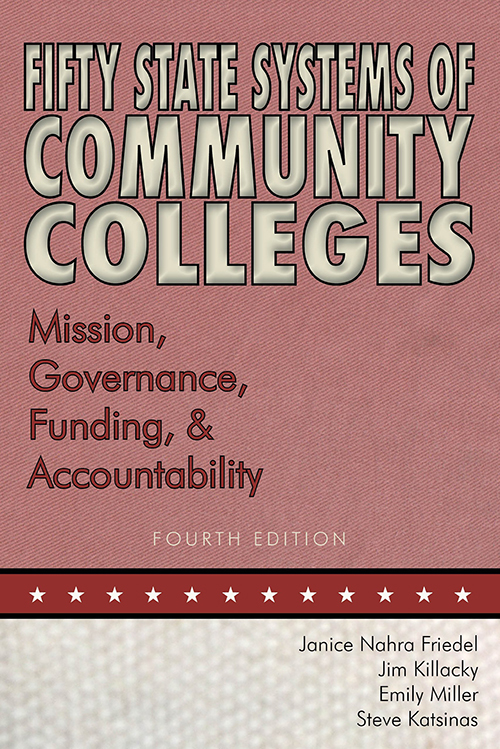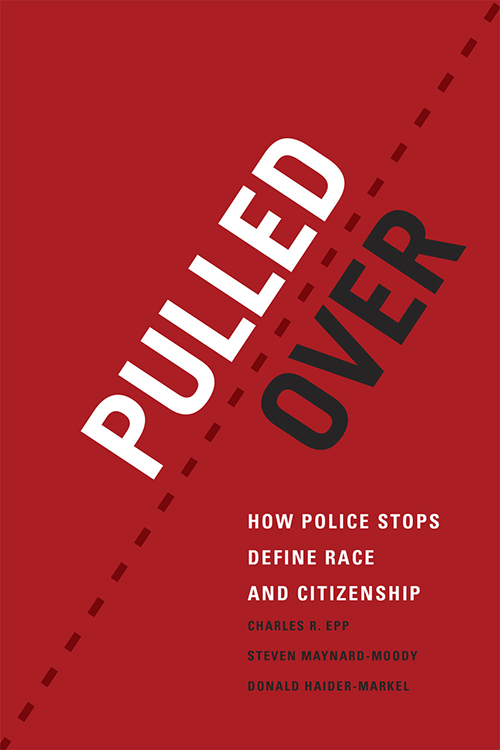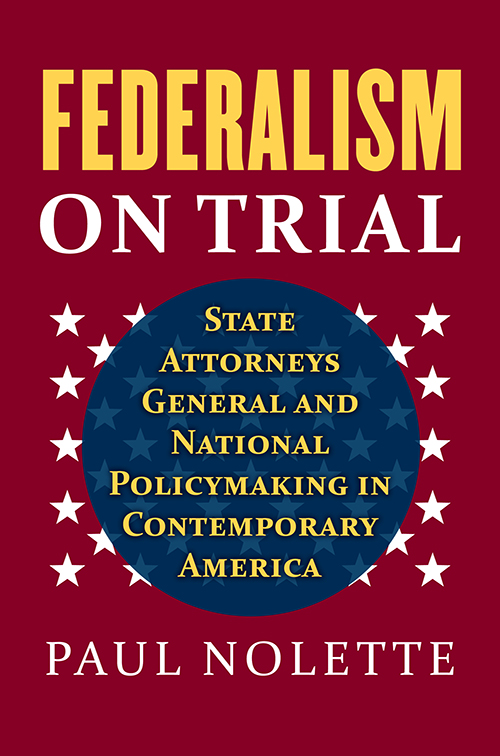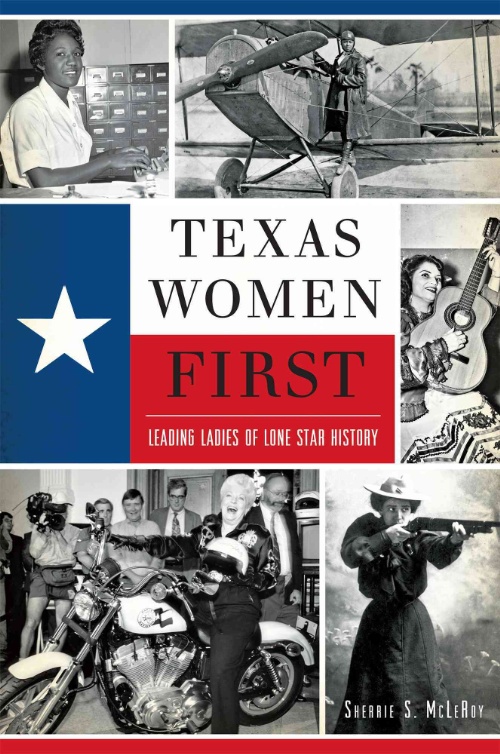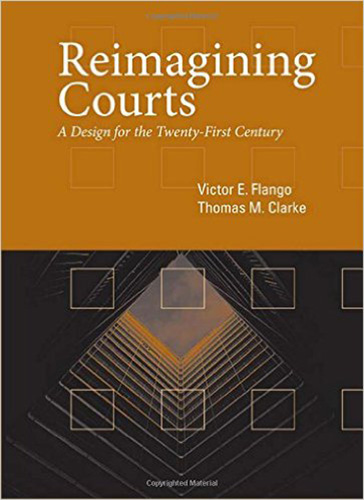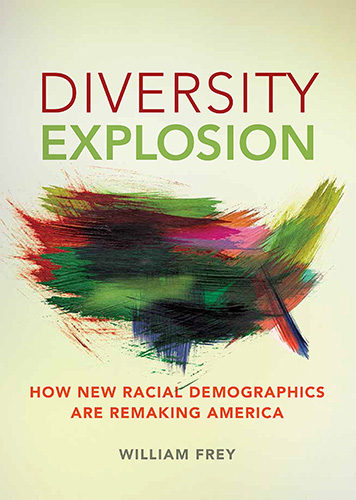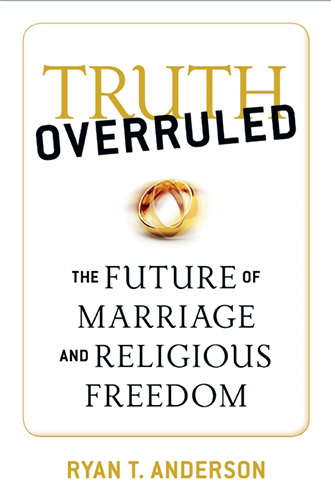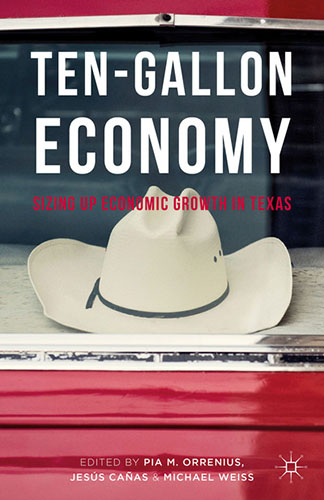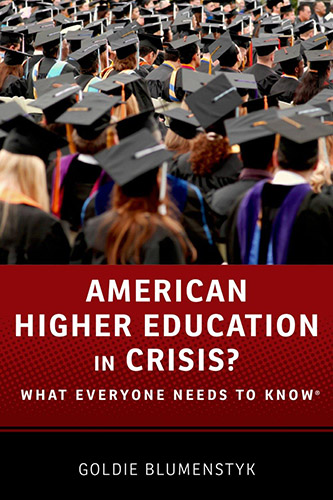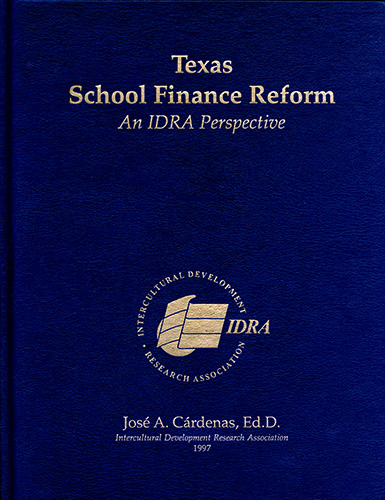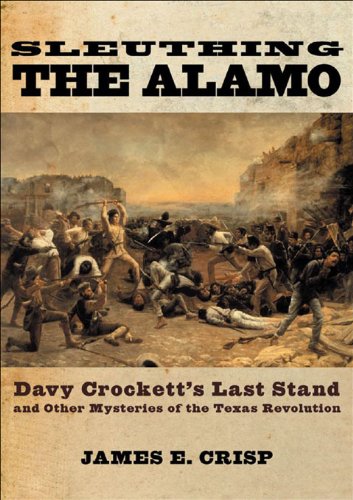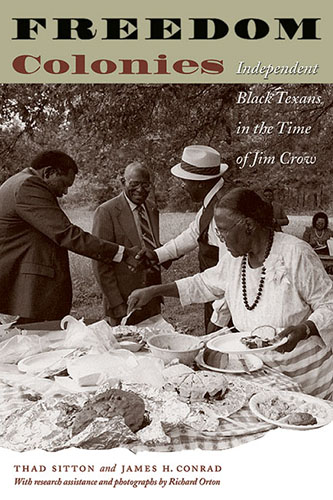
1. Freedom Colonies: Independent Black Texans in the Time of Jim Crow By Thad Sitton and James H. Conrad
Chronicles the development of the African American communities, known as freedom colonies, created by ex-slaves after the Civil War in rural Texas. Provides insight into the lives of these freedmen land owners - their accomplishments and struggles to create an independent way of life away from an exploitive sharecropping system and despite the lingering effects of the "Black Codes" enacted by the Texas Legislature. Discusses the forces that eventually led to the decline of the freedom colonies and highlights the few communities that have managed to endure into the 21st century.
University of Texas Press, 2005. 248.
333.335 SI88F 2005
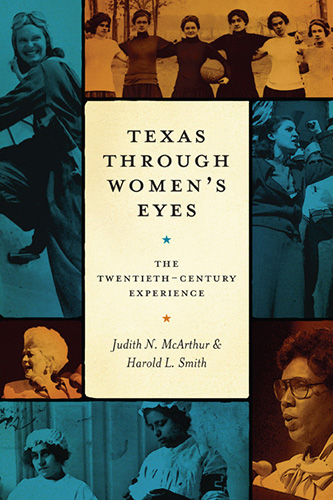
2. Texas Through Women's Eyes: The Twentieth-Century Experience By Judith N. McArthur and Harold L. Smith
Presents a historical overview of women's achievements in Texas through four eras of the twentieth century with an inclusive focus on rural, working-class, and minority women. Highlights women's leadership roles in working for social reform, the right to vote, better opportunities in education and the workforce, civil rights, feminist issues, and political reform. Provides a selection of primary documents including letters, memoirs, and oral histories, which are meant to allow the reader to experience up close, the efforts and struggles of women in shaping the state of Texas.
University of Texas Press, 2010. 295.
305.4209764 M127T 2010
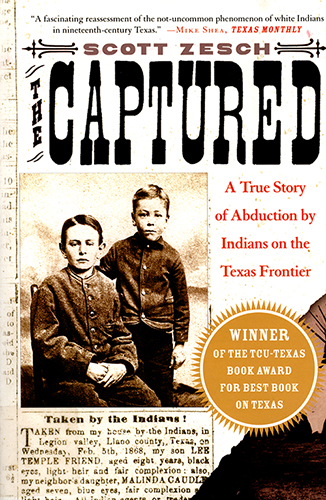
3. The Captured: A True Story of Abduction by Indians on the Texas Frontier By Scott Zesch
Documents the stories of several Texas children who were abducted by Native American tribes during the 1860's and 1870's. Examines how the children frequently became attached to the Native American families they lived with, and illustrates their struggles to reintegrate with their families after being recovered. Highlights the life of Adolph Korn, an ancestor of the author, who was abducted in 1870 and spent three years training as a warrior with the Comanche's tribe before being returned to his family, where he never fully reintegrated into white society.
St. Martin's Press, 2004. 362.
976.4404 Z56C 2004

4. The Red River Bridge War: A Texas-Oklahoma Border Battle By Rusty Williams
Examines the two-week conflict between Texas and Oklahoma during the summer of 1931, at the start of the Great Depression, over a private toll bridge that connected the two states over the Red River. Chronicles the tense day-to-day stand off and clashes between these two sovereign states. Provides a historical context to today's current popularity of toll roads and privatized highways.
Texas A&M University Press, 2016. 275.
976.4062 W675R 2016
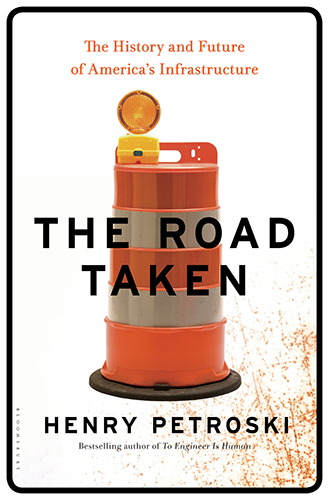
5. The Road Taken: The History and Future of America's Infrastructure By Henry Petroski
Highlights the previous decisions (good and bad) that have led to the development of our roads, bridges, and traffic habits. Emphasizes how important infrastructure is to our economic health and suggests tight economic times, partisan politics, and public skepticism make it difficult to find the resources to fix current problems. Discusses funding and financing of projects, including public-private partnerships.
Bloomsbury, 2016. 322.
388.10973 P448R 2016
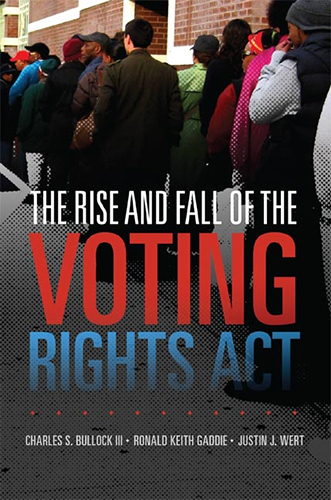
6. The Rise and Fall of the Voting Rights Act By Charles S. Bullock III, Ronald Keith Gaddie, and Justin J. Wert
Analyzes changing legislation and the future of voting rights in the United States, tracing the Voting Rights Act from its inception in 1965 through the Supreme Court's 2013 decision in Shelby County v. Holder. Discusses redistricting, preclearance review, voter identification laws, and voter participation and registration in Texas. Explores potential next steps after the Shelby County ruling, including proposals to restore the preclearance process.
University of Oklahoma Press, 2016. 240.
342.73072 B876R 2016

